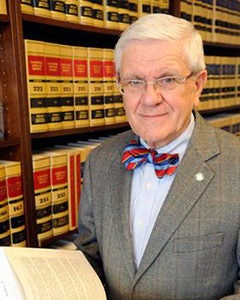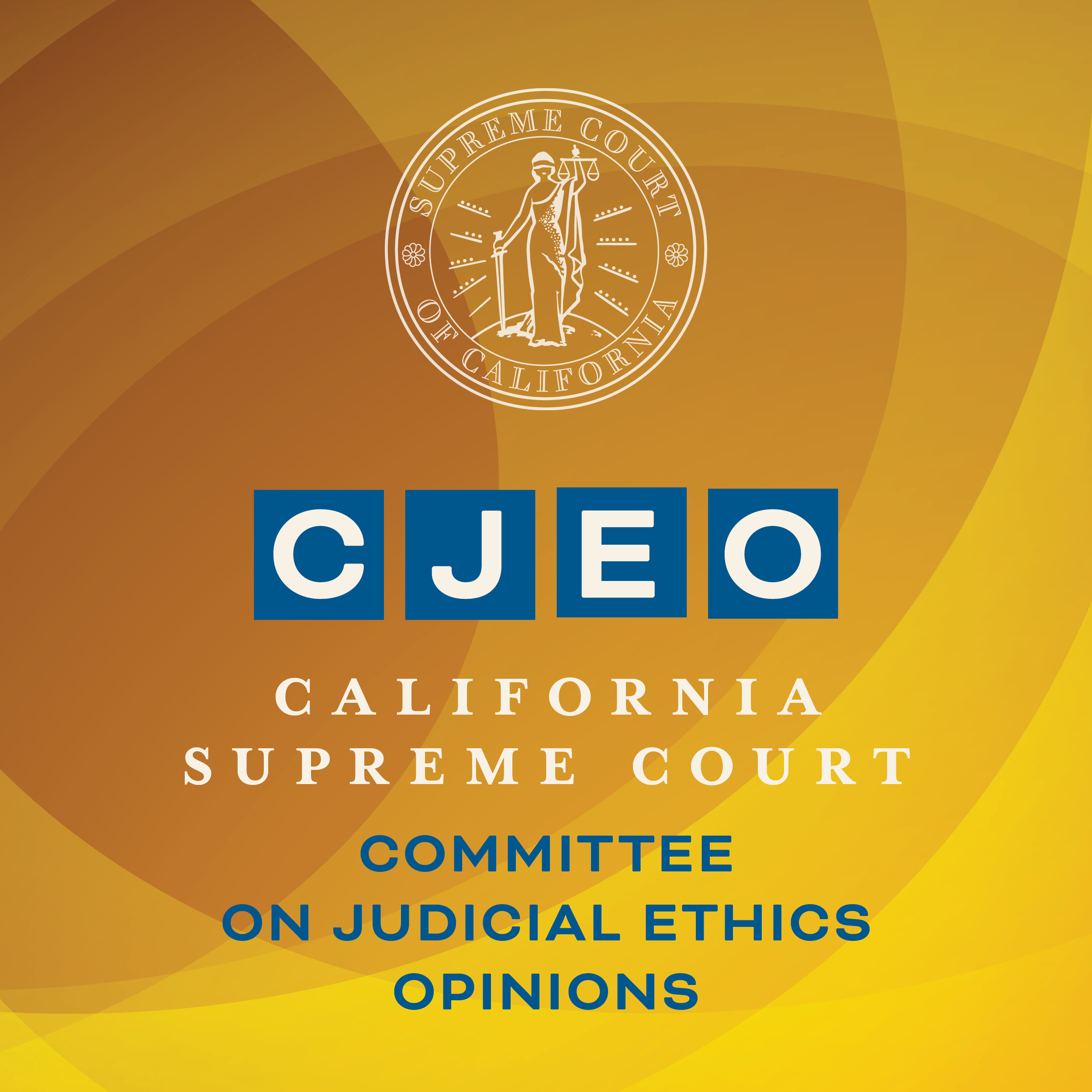For Public Comment: Inviting Outside Speakers to the Court
The California Supreme Court Committee on Judicial Ethics Opinions (CJEO) invites public comment on a draft formal opinion outlining what judges should consider when inviting outside speakers and groups to give educational presentations.
In CJEO Draft Formal Opinion 2023-023, the committee concludes courts may invite outside speakers and groups to provide educational presentations to judges and staff consistent with the Code of Judicial Ethics if:
- the presentation does not undermine judicial impartiality;
- speakers represent a balance of interests and viewpoints;
- the presentation would not lend judicial prestige to advance the outside speaker’s interests;
- the presentation does not include improper political activity; and
- the outside speaker is not involved, or likely to become involved, in litigation before the court.
By inviting speakers with a balance of viewpoints, the court avoids the impression that any one speaker or group has special influence over the court. For example, a court might invite two speakers representing different interests to speak on the same panel or host a series of discussions by speakers with different viewpoints on the same issue. Courts also should ensure the content, format, and circumstances of the presentation do not suggest the judiciary is biased on any issue or has pre-decided any question before the court.
Judicial education is critical to a fair and effective judiciary, and the public expects judges to be exposed to a variety of issues having an impact on the courts. To ensure public confidence, outside speakers should reflect a balance of interests and not suggest that any particular group has special sway over the court,” said committee chair Justice Ron Robie.
The committee’s Invitation to Comment is posted on CJEO’s website.
Comments are due by May 29 and may be submitted by CJEO’s online comment form, by email to Judicial.Ethics@jud.ca.gov, or by mail to:
The Supreme Court of California Committee on Judicial Ethics Opinions
350 McAllister Street
San Francisco, California 94102
All comments submitted to CJEO may be posted on CJEO’s website for public review unless clearly marked as confidential.
About the Committee on Judicial Ethics Opinions (CJEO)
The Committee on Judicial Ethics Opinions is a 12-member advisory committee that includes appellate justices, trial court judges, two retired judges, and a commissioner. The committee is appointed and authorized by the California Supreme Court, but its work is independent of the court, the Judicial Council, and all other entities. Its opinions are advisory and do not necessarily reflect the views of the California Supreme Court or any other entity.
The committee issues formal, informal, and expedited advisory opinions on proper judicial conduct pursuant to the California Code of Judicial Ethics and other authorities. CJEO recently updated its website where it posts its advisory opinions, offers resources dedicated to specific judicial assignments and issues, and provides extensive judicial ethics tools and resource materials for the benefit of the bench and the public.



